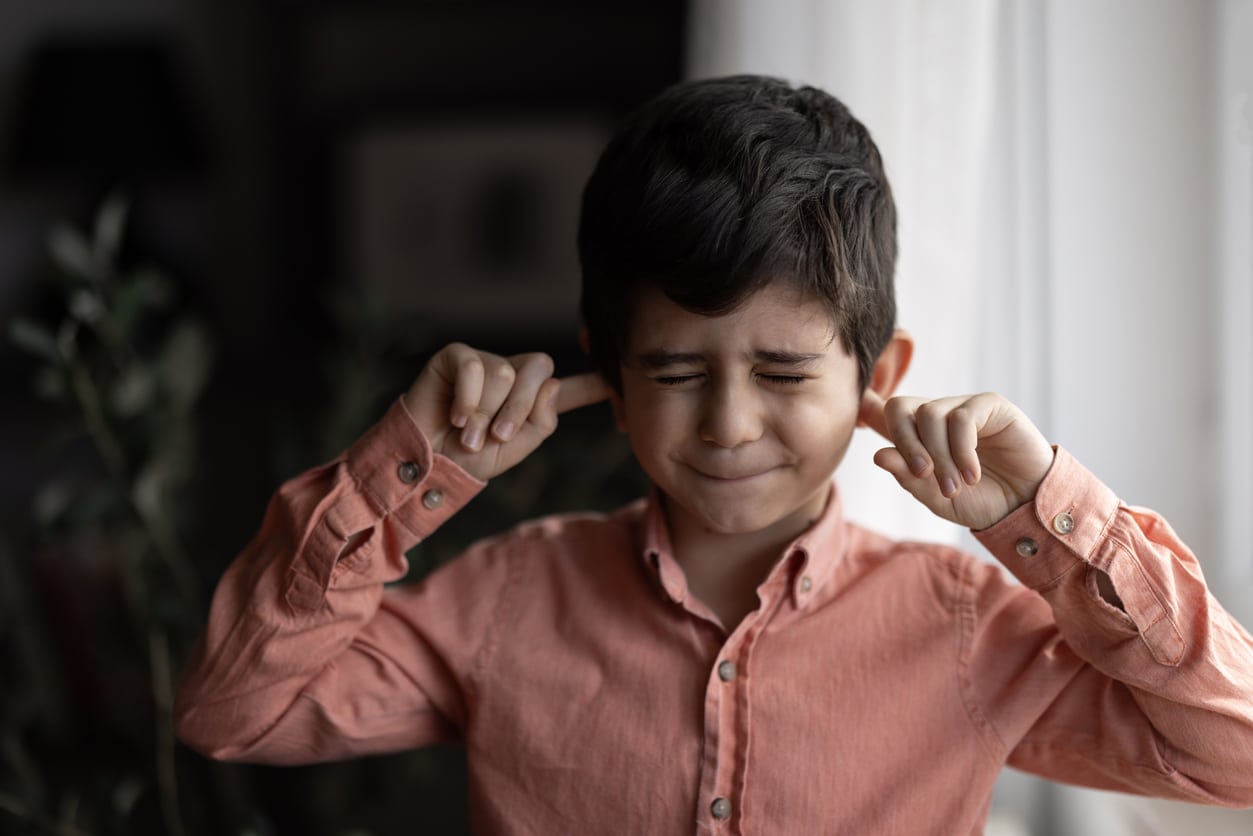Approximately 15% of U.S. adults have hearing loss. You can’t always stop hearing loss from progressing, as with age-related cases, but there are a few ways to protect against other causes, like noise exposure.
While loud concerts and construction zones are the usual suspects regarding hearing damage, you might be surprised how many ordinary sounds can put your ears at risk.
Let’s look at everyday noises many of us encounter regularly, how loud they are and what you can do to protect your hearing.
1. Blow Dryers (60–95 dB)

Many blow dryers emit noise above 85 decibels, the threshold at which prolonged exposure can begin damaging your hearing.
Use quieter models when possible and limit drying time. Earplugs are also an option if you’re a hairstylist using professional-grade dryers frequently.
2. Lawnmowers (65–95 dB)
Gas-powered lawnmowers often exceed safe limits. Always wear hearing protection when mowing your lawn, and consider switching to an electric mower if possible.
3. Vacuum Cleaners (60–85 dB)
Cleaning your house can be a lengthy and even loud task, especially if you have a lot of carpeting. Most newer vacuums stay under the threshold for hearing loss, but older or industrial models can creep into harmful territory if used frequently.
Try using vacuums marketed as quiet, or wear earplugs during long cleaning sessions.
4. Headphones and Earbuds (Up to 112 dB)
One of the biggest threats to hearing comes from extended headphone use. Listening to music or podcasts at high volumes can cause permanent hearing damage. Try setting a decibel limit on your phone, ideally below 80 dB, and limit use to no longer than one hour.
5. Squeaky Toys (Up to 135 dB)
Squeaky toys, like the kind you give your dog, can be surprisingly loud and cause immediate damage if squeezed near your ears. Always squeeze dog toys away from your head, ideally below waist level, to protect your hearing. If you have kids playing with your dog, consider choosing quieter alternatives like tug ropes or tennis balls next time you’re shopping at Four Muddy Paws.
If you’re concerned about noise exposure or suspect early signs of hearing loss, contact Center for Hearing & Speech to schedule a test with one of our specialists.